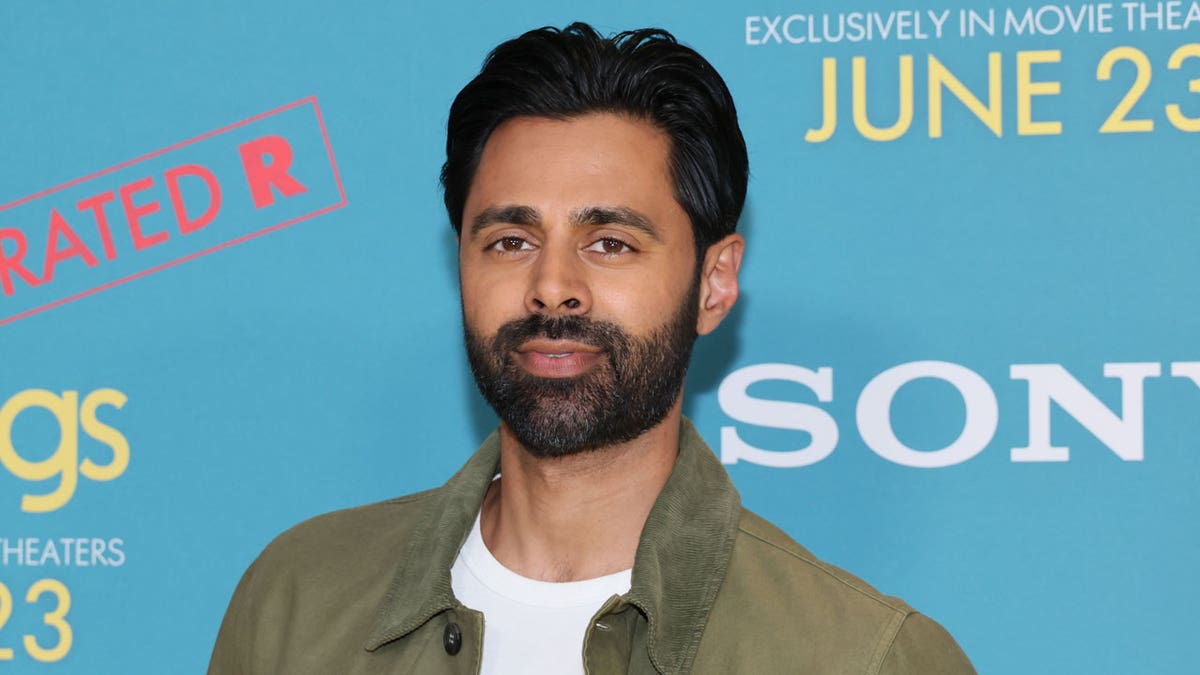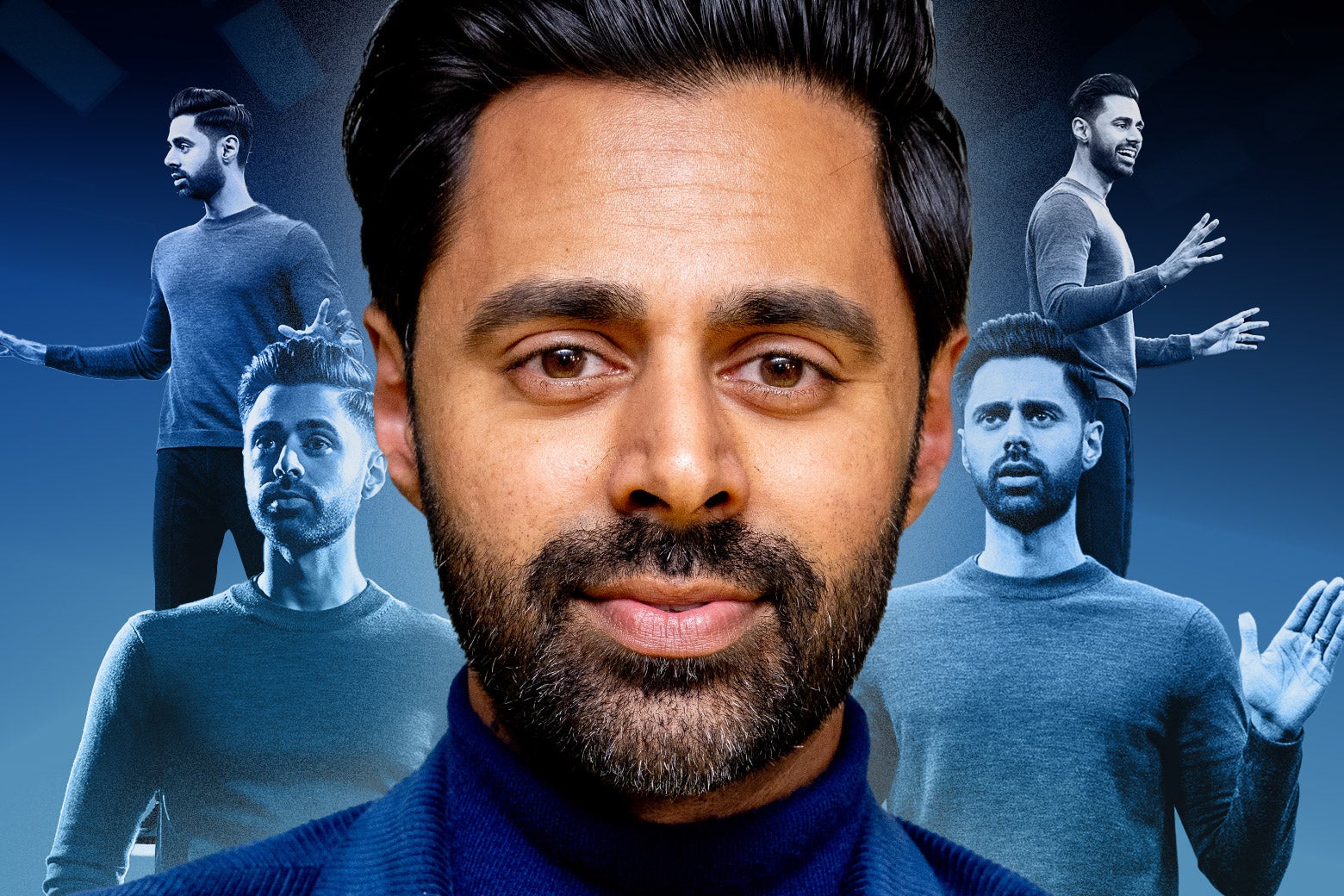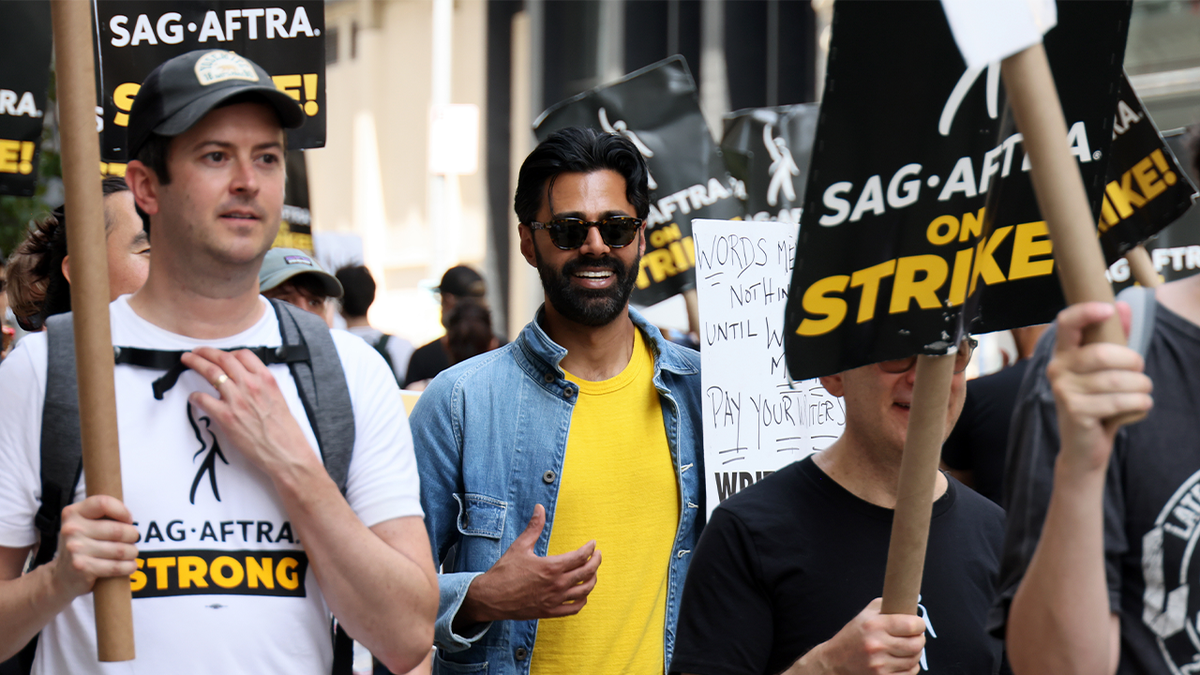Hasan Minhaj, a prominent figure in the comedy landscape, recently faced a storm of controversy following allegations of fabricating stories in his stand-up comedy specials. This article delves into the depths of this controversy, exploring the allegations against Minhaj, analyzing his response, and examining the broader conversation about the fine line between truth and artistic expression in the realm of comedy.
The Accusations Against Hasan Minhaj
-

The Genesis of Controversy: The saga surrounding Hasan Minhaj ignited when an article published in The New Yorker by Clare Malone raised doubts about the authenticity of Minhaj’s stand-up narratives. The piece questioned the validity of certain anecdotes, thereby raising pertinent concerns about the interplay between artistic liberty and truthfulness in the world of comedy.
- Alleged Fabrications: Specific instances within Minhaj’s stand-up routines, such as his account of being rejected on prom night, encounters with an FBI informant labeled “Brother Eric,” and an anthrax scare, were highlighted in the New Yorker article. These stories were called into question regarding their factual accuracy.
Hasan Minhaj: An Ascendant Star in Comedy
- Rise to Prominence: Hasan Minhaj’s career trajectory encompassed pivotal roles in “The Daily Show” and hosting the acclaimed “Patriot Act” on Netflix. His distinctive perspective as an Indian American and Muslim provided the foundation for his comedic style, fostering a devoted fan base.
- Quest for Succession: Amidst his burgeoning popularity, Minhaj was believed to be a leading contender to succeed Trevor Noah as the host of “The Daily Show.” However, the allegations brought forth by the New Yorker threatened to eclipse this prospect.
Hasan Minhaj’s Response
 A Comprehensive Rebuttal: In response to the allegations, Hasan Minhaj orchestrated a meticulous and extensive video presentation aiming to counter the claims. Characteristic of Minhaj’s style, the 20-minute analysis sought to clarify the context and reasoning behind his storytelling.
A Comprehensive Rebuttal: In response to the allegations, Hasan Minhaj orchestrated a meticulous and extensive video presentation aiming to counter the claims. Characteristic of Minhaj’s style, the 20-minute analysis sought to clarify the context and reasoning behind his storytelling.- Acknowledgment of Artistic Choices: Minhaj openly admitted to making artistic choices in his storytelling, blurring the lines between factual accuracy and emotional resonance. He asserted that his intent was to convey “emotional truths” rather than strictly adhering to factual precision.
Unpacking the Allegations
- Prom Night Rejection: The New Yorker’s article cast doubt on the authenticity of Minhaj’s account of being rejected on prom night. While acknowledging a discrepancy in the timing of events, Minhaj provided emails from the woman involved, suggesting her acknowledgment and acceptance of his version of events.
- “Brother Eric” and the FBI Informant: Minhaj’s narrative about an alleged FBI informant named “Brother Eric” raised skepticism. While Minhaj’s story deviated from the informant’s version of events, he argued that his aim was to highlight the broader societal issue of wrongful convictions, particularly focusing on the case of Hamid Hayat.
Comedians and the Art of Embellishment
 A Wider Discourse: The controversy surrounding Hasan Minhaj sparked a robust public debate concerning the role of exaggeration and embellishment in comedy. Some comedians asserted that exaggeration is an intrinsic element of stand-up comedy, while others argued that fabrications involving real individuals pose ethical quandaries.
A Wider Discourse: The controversy surrounding Hasan Minhaj sparked a robust public debate concerning the role of exaggeration and embellishment in comedy. Some comedians asserted that exaggeration is an intrinsic element of stand-up comedy, while others argued that fabrications involving real individuals pose ethical quandaries.- Differing Standards: Opinions among comedy critics and comedians varied concerning the extent to which facts should be manipulated in the pursuit of humor. This debate underscores the evolving nature of comedy and the challenges faced by comedians navigating sensitive and contentious topics.
Hasan Minhaj’s response to the allegations serves as a focal point for exploring the intricate relationship between truth and storytelling in comedy. As the debate continues, it underscores the shifting standards and expectations for comedians in an era where storytelling and humor often intersect. Minhaj’s case stands as an illuminative example of the ongoing conversation regarding the boundaries of artistic expression in the world of comedy, posing pertinent questions about truth, humor, and the complex art of stand-up storytelling.











